The Autocar team list their favourite car details – from door handles to rev counters, and everything in between
The average car is made up of around 30,000 parts. Not all of those parts are created equal, of course, and some, whether minor features or useful innovations, deserve celebration. Here are some of our team’s favourites.
Bentley Continental GT rotating display – Rachel Burgess
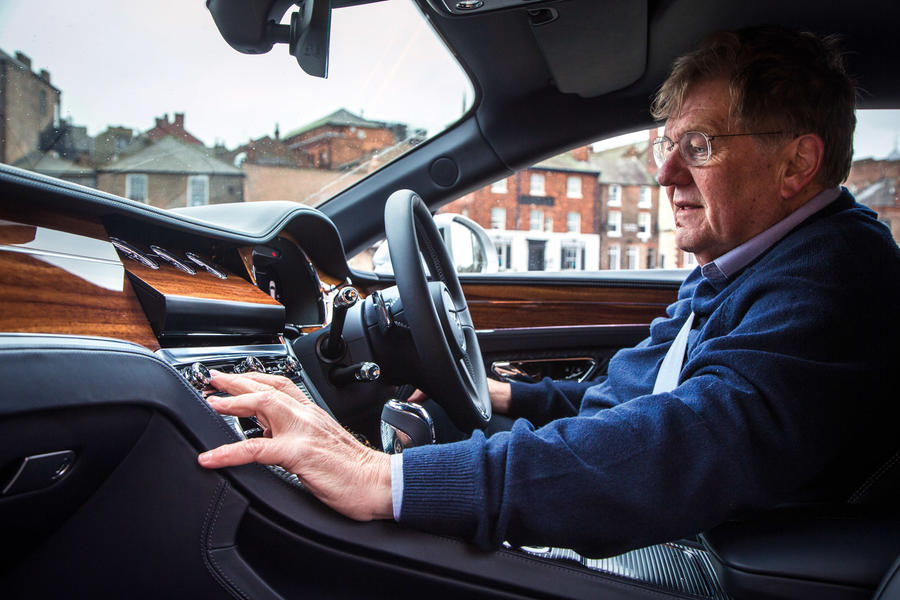
A gauche choice, given that you can buy a very respectable used car for the same money, but Bentley’s £4500 rotating display wins hands down, purely for its James Bond-esque element of surprise. Admittedly, the three sides of the rotating display don’t offer features such as weapon or ejector buttons, but nonetheless, this cool set-up has raised a smile on every person whom I’ve seen witness it.
Ariel Atom 4 spaceframe – Matt Saunders
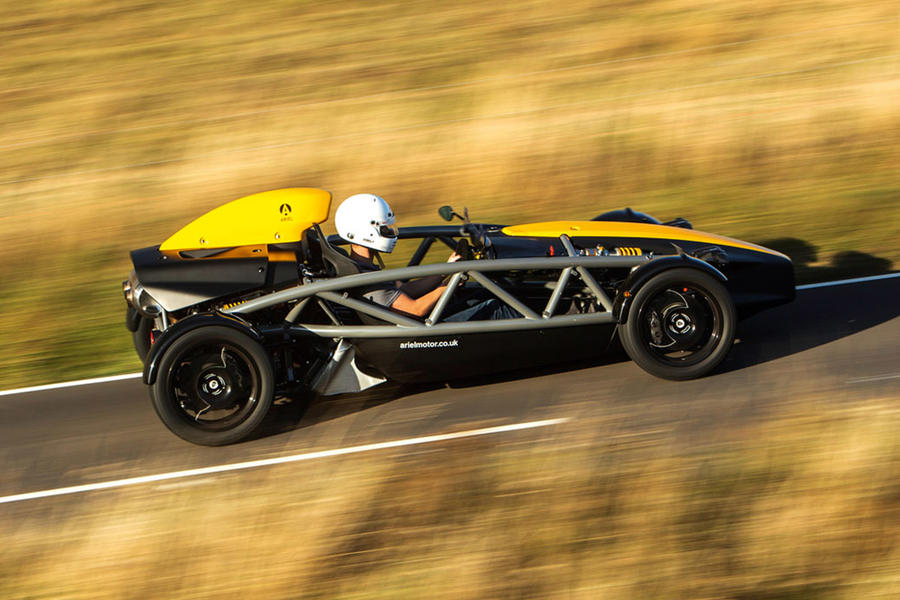
I suppose it’s a bit of a cop-out picking a whole spaceframe as a car part, but that’s what I’m doing. The bronze-welded tubular steel spaceframe of the Ariel Atom 4 really is a work of rare genius. Not only does it define the totally inimitable look of the car from without, but it’s also the filter through which so much of your enjoyment of the car is delivered when you’re within. You can see the front wishbones bobbing away through it; the brake caliper and brake lines, too, running to the beautiful milled-from-billet nearside front wheel hub. You can worship and adore the expensive Eibach pushrod suspension bolted to it; even poke your right elbow through it when you need a bit of extra leverage on the steering wheel. It’s no exaggeration to record that it, more than anything else, is what makes the Atom brilliant: like some full-sized Meccano set built on money-no-object terms.
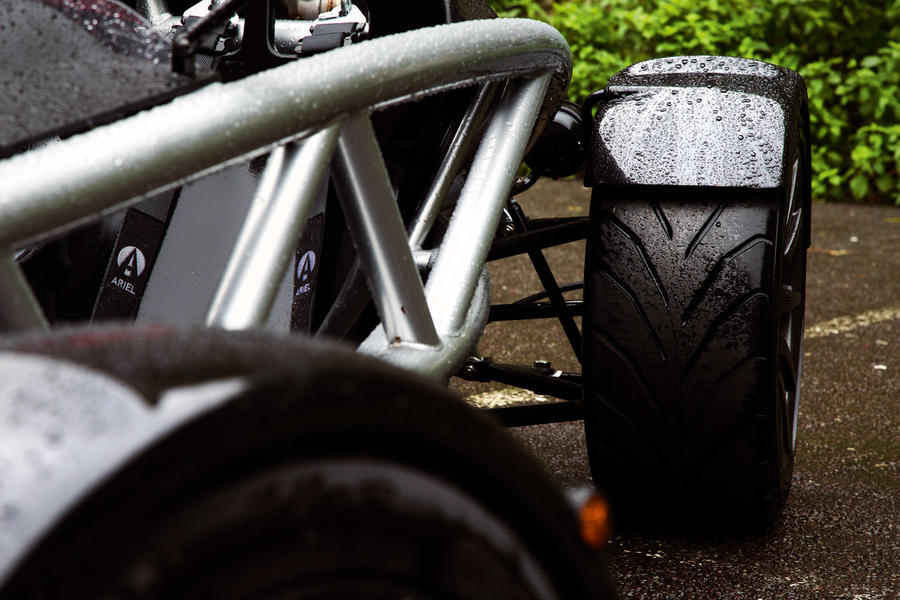
Pontiac GTO hood-mounted rev counter – Colin Goodwin
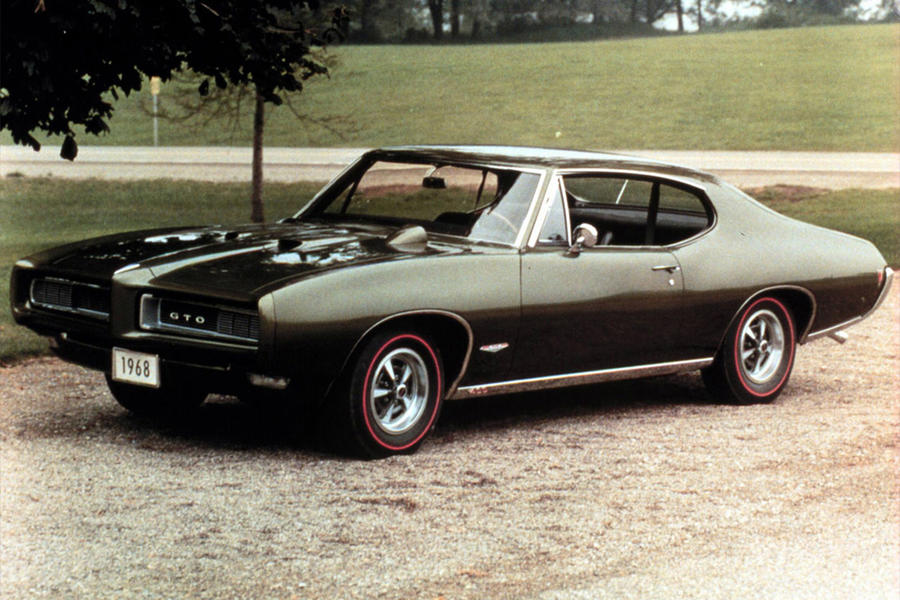
No doubt current pedestrian impact regulations would rule out a comeback for one of my favourite car details. It’s the bonnet-mounted rev counter that was fitted as an option to Pontiac Firebirds from 1967 onwards and also to the Pontiac GTO. Buick pinched the part for its 1970 Skylark GSX as well. A pal of mine had a 1969 GTO and later a 1970 model, both of which had what Americans call ‘Hood Tachs’. I don’t remember either of them ever working but they looked cool and were quite a good idea because the last thing you wanted to do in a muscle car from that era was take your eyes off the road.
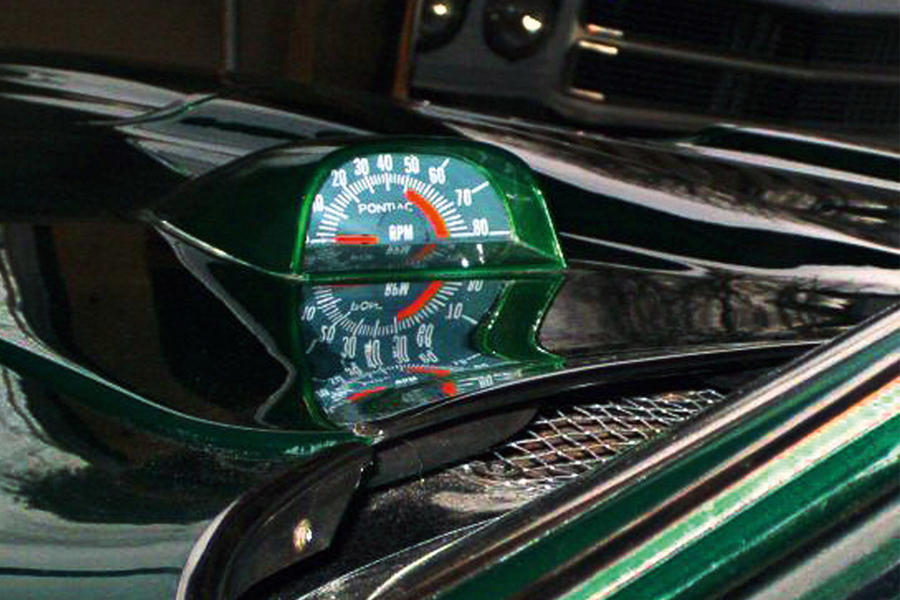
BMW 3 Series (E21) door handle – James Ruppert
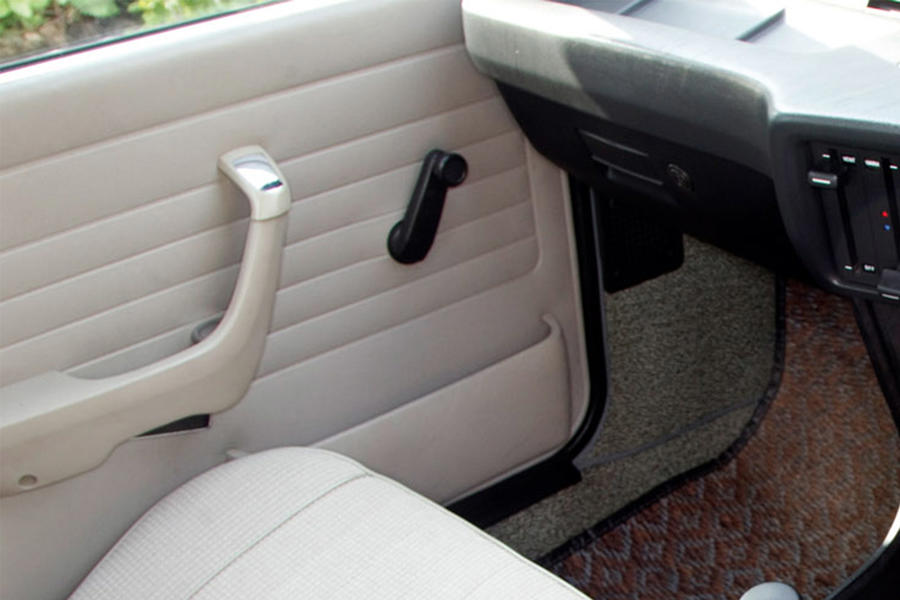
The best interior door handle known to humanity belongs to the E21-generation BMW 3 Series. It is ergonomically perfect. Instead of a plastic or chrome pull, which wastes valuable space on the door card and is a pointless engineering indulgence, the handle is incorporated into the pull. You don’t actually see it, just squeeze it. The more you use it, the more natural it becomes – until you try to exit from another vehicle and realise that the door pull won’t let you out.
Ferrari 365 GTB/4 ‘Daytona’ exterior door handle – Andrew Frankel
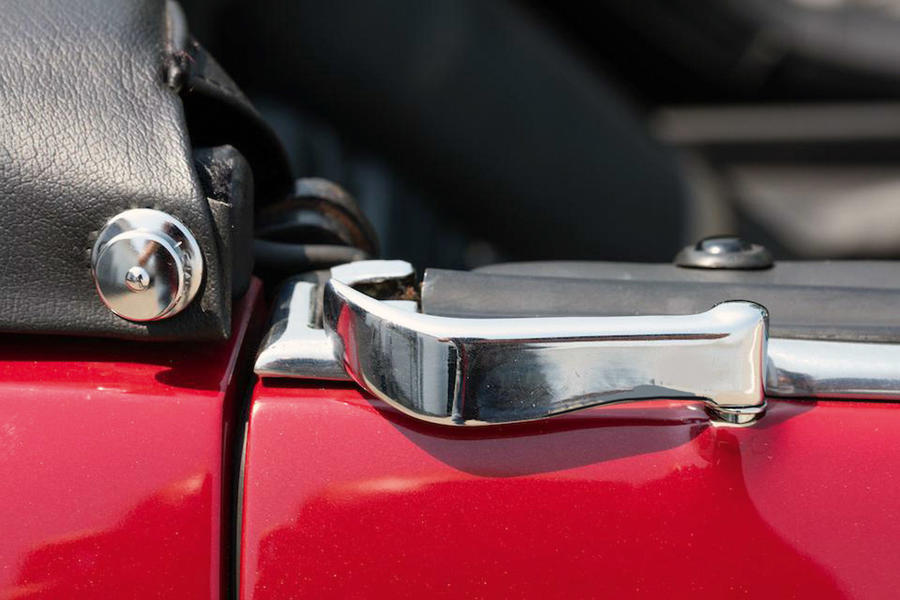
They say the shape of the shark ceased to evolve millions of years ago because it had reached a state of perfection. The door handle should have gone the same way half a century back. The world of car design should have looked at that tiny little silvery hook, so elegant in its own right, yet so respectful of and deferential to the rest of the car’s styling, and said: “Okay, no one is ever going to do it better than that.” And in the past 50 years, no one has, and I suspect no one ever will. After all, how do you improve on perfection?
Mini head-up display – Mark Tisshaw
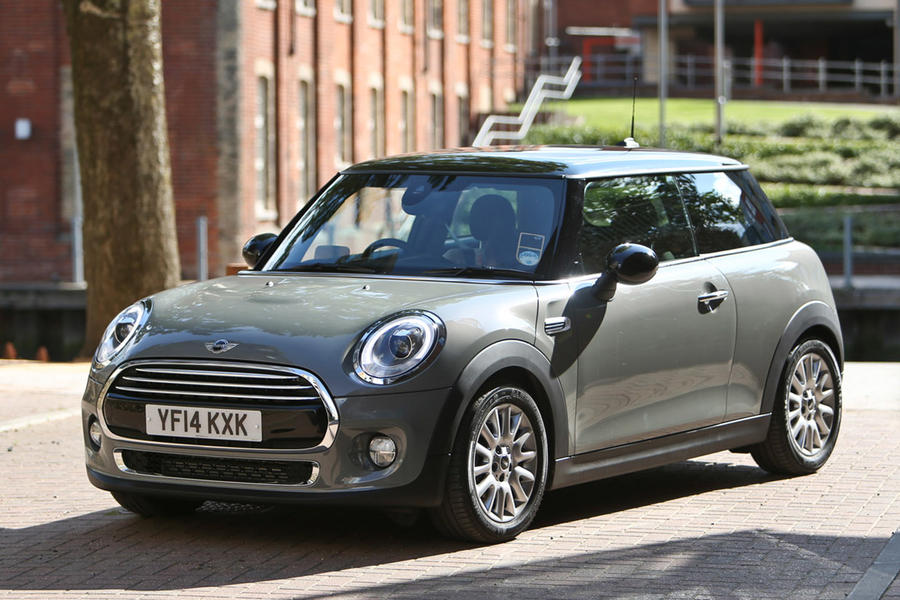
The first car I drove with a head-up display for any length of time was the third-gen Toyota Prius, about a decade ago. For no real reason other than being a luddite back then, I didn’t like it, and over the months running it, I actively tried to come up with ways to block its projection out of the top of the dashboard, such as with sheets of A4 that would then just glare onto the windscreen and make it worse… A head-up display next turned up again on a Mini Cooper I started running in 2014. For no real reason other than no longer being a luddite, I thought it was brilliant. Now, it’s my favourite piece of car kit bar none. Head-up displays stop your eyes from leaving the road to check the speed and reduce cognitive load and strain on your eyes. Sorry, Prius, it was me and not you.
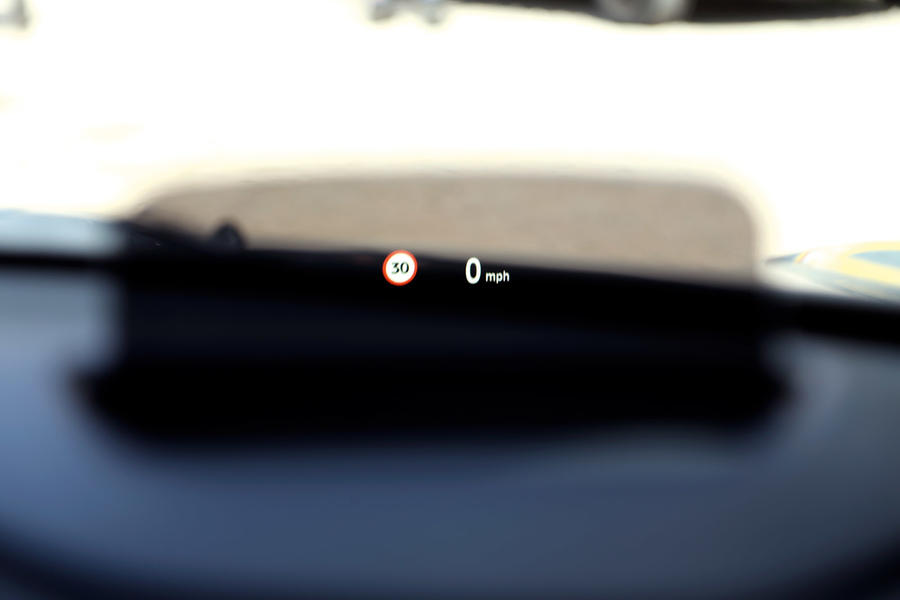
Skoda bottle clenchers – Jim Holder
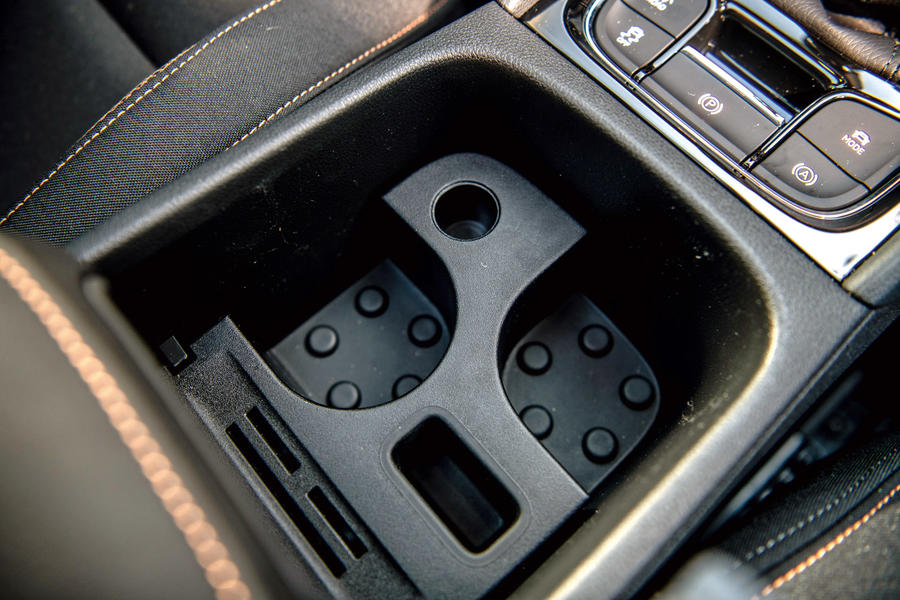
Set into the bottom of cupholders aboard most Skodas are five raised moulded plastic mounds. They look like a design quirk, or possibly a way of raising your drink above any spillages, until you place a bottle of pop (or similar) in there, whereupon they transform into the most useful thing you never knew you needed, vice-gripping the base of a bottle while you turn and open the lid. Anyone who has ever tried opening a bottle while driving – using either two hands or both legs and one hand – will immediately appreciate the safety significance of such a simple detail.
Volkswagen GTi tartan – James Attwood
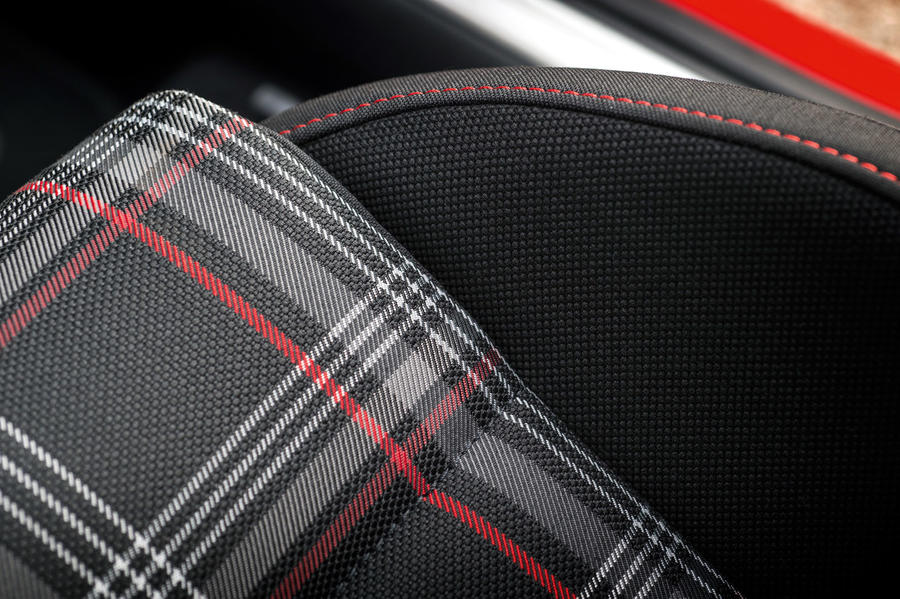
It’s tempting to pick Volkswagen part number 199 398 500 A, but since the firm has never actually used currywurst in a car build, it apparently doesn’t count. Instead, I’ll opt for another VW classic: the GTI’s tartan fabric trim. Forget plush leather, Alcantara or similar: GTI tartan is the only fabric I can think of that’s absolutely synonymous with a particular model. It’s as much a part of the GTI recipe as a tuned engine, revised suspension and twin exhaust pipes.
Ford Mondeo estate Mk4 dash vents – Hilton Holloway
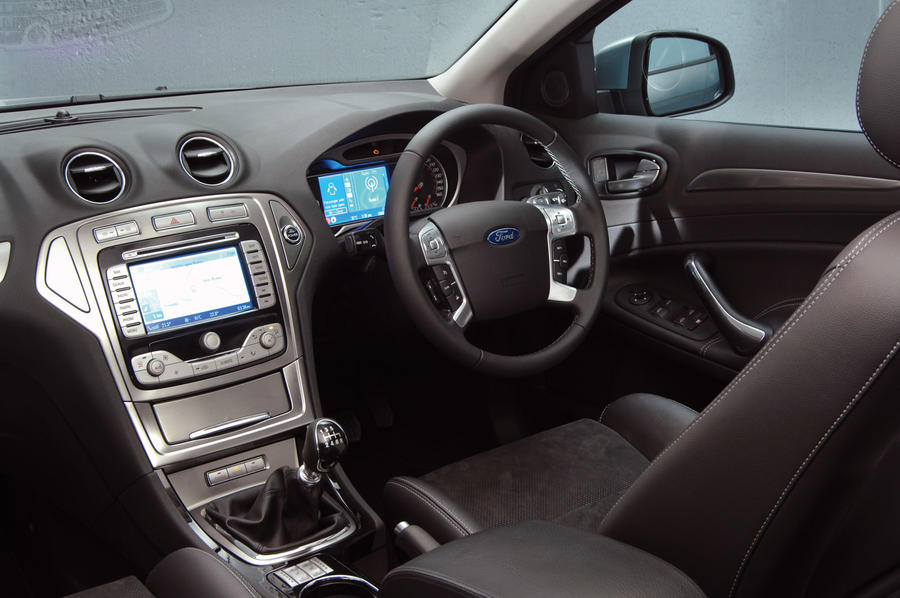
I’ve been thanking them for nearly three years.
READ MORE
Meet the engineer who fixes what car makers can’t
How 3D printing is aiding classic car revival
How Volvo makes its crystal glass gearsticks
Source: Autocar
